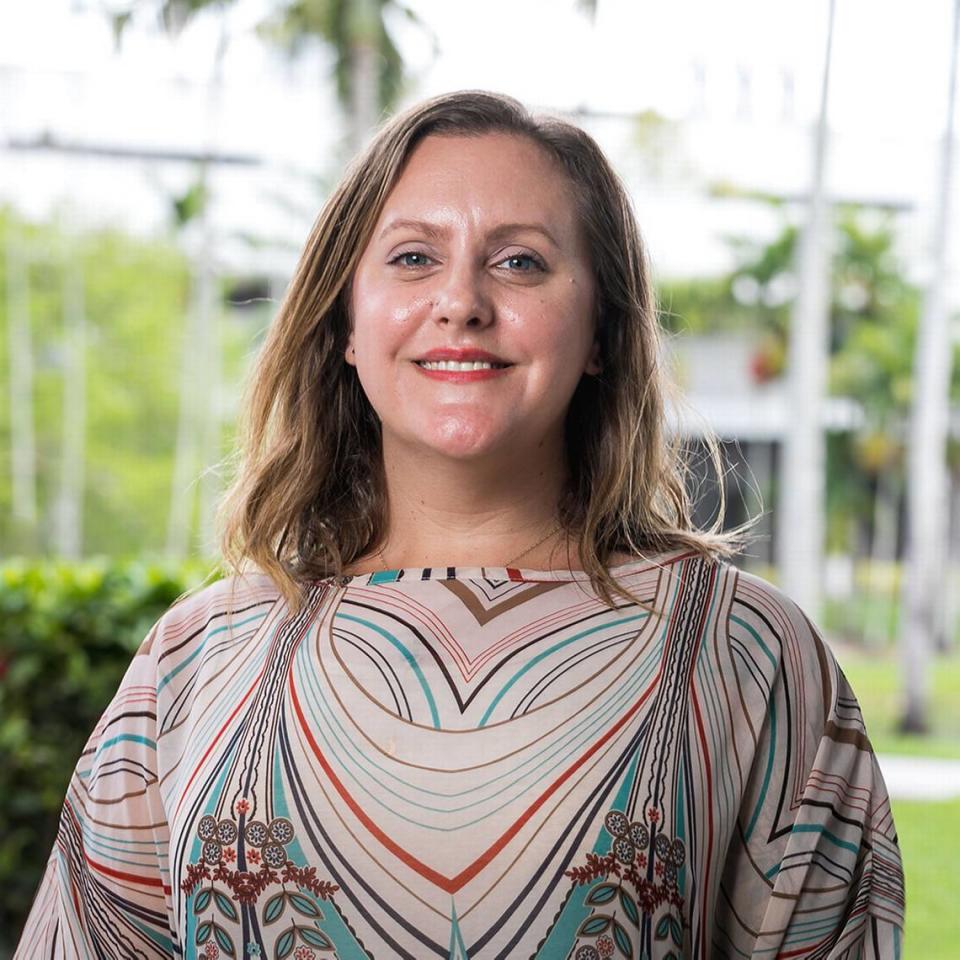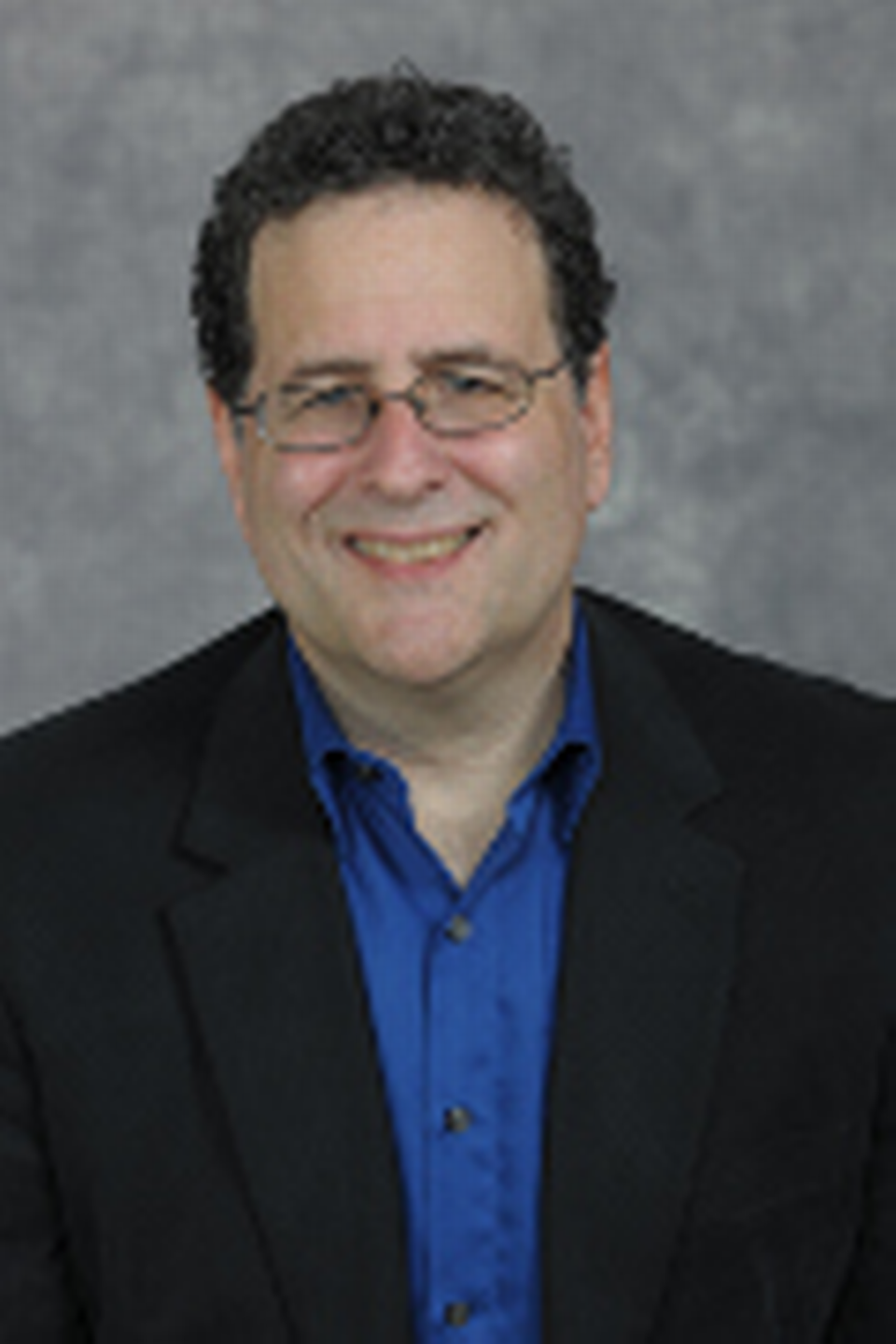Professors in Florida are feeling the chill from DeSantis’ education legislation
Florida university professors are facing unprecedented challenges as a spate of new laws could soon crack down on research, discourse on race and gender identity and create an environment in which employees feel their political beliefs are being scrutinized at the risk of losing tenure.
The measures are backed by Gov. Ron DeSantis and the Republican-led Legislature and are seen as just the start by some educators. Those concerns have been fueled by reports that DeSantis had drafted even more attempts to rewrite laws governing public higher education, including stripping university presidents of the ability to hire professors.
The underlying message from eight professors from four public universities across the state interviewed by the Miami Herald is this: It is not easy to be an educator in Florida. Two professors who spoke to the Herald declined to be identified out of their concern for retribution.
It isn’t just history or politics professors who are worried about the chilling effects of restrictions on academia as they head back to class later this month, it appears to ripple through many academic disciplines. Some professors even suggested that they were considering leaving Florida to teach in other states and said they knew colleagues who had similar thoughts.
“In Florida, we know that these policies have really led to increased efforts to silence and surveil academic speech,” said Emily Anderson, an assistant professor of International Relations and Intercultural Education at Florida International University. “Academic speech matters, because it’s a fundamental freedom that is really how our university system is grounded. When we have policies that threaten speech, in my view, it shadows threats to all other protected rights.”
Anderson’s work is focused on girls’ education, women’s work and how political speech affects the way girls’ education is articulated. For Anderson, the measures championed by Republican leaders are a coordinated effort to silence and undo policy reforms that have sought to make environments more inclusive and accessible.
“It makes me just heartbroken that parents and many people in the community and other education stakeholders are being actively encouraged to distrust and to spread distrust about public education,” she said, “all based on things that have no empirical basis and no basis in fact, or reality. It’s all policy theater.”
Legislation’s effects on campus
The Florida Legislature passed and DeSantis signed multiple bills that affect education this year. Some, including HB 7, “Individual Freedom,” also known as the “Stop Woke Act,” will determine how race-related issues are taught in public universities, colleges and in workplace training.
The Legislature also passed Senate Bill 520, which created an exemption to the state’s public records law, allowing a state university or college to withhold information about applicants vying to become president, until a final slate of candidates has been decided. Florida International University, among other state universities, is looking for a president. DeSantis signed the bill in March.
These bills, however, may only be the start. A 70-page proposal uncovered through public records by Jason Garcia with Seeking Rents “sought to strip public universities and colleges of individual autonomy and concentrate decision-making power in Tallahassee under the Board of Governors, which oversees universities, and the Board of Education, which oversees community colleges,” Garcia wrote.
This legislation has the potential to produce a diminishing effect on universities’ rankings, research and staff, creating an uncertain future for education in Florida, professors said.
In DeSantis’ proposed higher education package, the legislation would have given the Board of Governors more authority to investigate university presidents, and fire university employees, according to the Seeking Rents article. This is intimidating for professors like Anderson, who say this would feed into the narrative that public universities are untrustworthy.

Anderson said this has changed the way she thinks about her classroom space. When teaching, she has become more transparent with her students about what is happening and how the legislation affects her as a professor. She also shares what she sees as a fundamental part of her job, to open up her processes as a researcher and talk about how she finds data.
“So much of the process of teaching policy and doing policy analysis is really thinking about what the research has to say about a particular issue or area of social concern,” Anderson said. “Now that facts don’t matter anymore, apparently, now that we’re all just trying to figure out our own spaces in this, to speak truth to power, but also exist in the real threat, that is a potential loss of job, that is loss of reputation, loss of all the things you’ve been working for as an adult.”
Her classroom setting isn’t her only worry. Anderson is up for tenure this summer, which now, through legislation DeSantis signed into law in April, will be reviewed every five years by the university’s board of trustees, making it more difficult to retain tenure. Anderson said even sharing her thoughts on these issues is intimidating with this new legislation.
“These things are really hard to talk about, and I think people are really afraid for all the reasons I’ve shared,” Anderson said. “I think it’s something that faculty are having lots of conversations about but are reluctant to do so publicly, because the stakes are so high.”
DeSantis’ higher education plan also would put the university’s board in charge of hiring faculty, not presidents and provosts. University boards are usually made up of 13 members, chosen by DeSantis and the Board of Governors.
Republican governor’s reversal
There hasn’t always been a push for centralization of universities and government.
Kenneth Lipartito, an American, Atlantic and Global History professor at Florida International University has been teaching for over 30 years. He’s noticed a trend that has contradicted itself: the reversal of autonomy for public universities.
When Republican governors Jeb Bush and Rick Scott were in office, there was a push to decentralize universities, emphasize entrepreneurship and a strong move for universities to receive resources on their own, Lipartito said.

At first, this decision generated skepticism, Lipartito said, yet it allowed universities to grow successfully in student population, resources, rankings and research.
Now, there is a push from Republican governors to do the opposite.
“It’s a very stark reversal of what Florida governors have been doing for the past decade or more,” Lipartito said. “I don’t quite understand why. I think in general, trying to bring universities into where there’s more government control is not necessarily a positive thing.”
Lipartito said the language in these bills has the potential to conflict with classes that have courses related to race, gender and identity, and this is across a variety of subjects. Departments like computer science that use data to examine racial trends is one example.
Ripple effects across academia
Meera Sitharam, a University of Florida computer science professor and vice president of the UF United Faculty of Florida, said while her courses aren’t necessarily affected by recent legislation, this is not to say that any science professor is off the hook.
Professors teaching evolution, geography and even chemistry could be under scrutiny if a student challenges intellectual diversity. Sitharam explained that recent legislation like HB 233, which shields universities from preventing students, faculty or staff from “ideas and opinions that they may find uncomfortable, unwelcome, disagreeable, or offensive” could be interpreted like this: A professor teaching geography could be challenged by a student who says the earth is flat, and will have to entertain facts that aren’t true, Sitharam said.
“You can be completely stalled by this kind of ‘diverse’ other viewpoint, which every single experiment that you can think of has refuted, and that you can carry out yourself in your own backyard,” Sitharam said. “You can do this over, and over, and over again. You can use a simple ruler and compass and measure that the earth is not flat.
“But then somebody still wants to believe otherwise, they don’t believe in the scientific method or repeatable experiments and still want to believe that that’s not the case. Now, what do you say to that person? It’s getting at the nature of belief, validity of belief, truth, provability, all of these things.”
These laws and draft legislation use vague terms to decide what “objective” or “diverse in viewpoints” are, Sitharam said. If these bills were upheld in a court of law, it wouldn’t be the experts who got to share what was factual, which makes things very difficult for professors of science and other studies to go about everyday teaching, Sitharam said.
Steven Roach, a professor at the University of South Florida who teaches international relations and human rights, said there is a mixture of anger and anxiety with regards to a law that threatens the core values of university teaching.
“The governor’s justification for doing away with classroom discussion of content [about slavery] that makes a student feel uncomfortable is simply absurd,” Roach wrote in a text message. “The very point of college teaching is to impose discipline to learn and build critical knowledge of a subject. This means asking the hard and uncomfortable questions to gain mastery over a subject.”
Roach said the law is really about a reactionary bias that will undermine the ability and capacity for students to think critically about issues.
“It will have a chilling effect on higher public education in Florida, particularly in the social sciences and humanities,” Roach wrote. “Not only will it be harder to recruit the best faculty to Florida’s public universities, but it will most certainly compel more faculty members to leave Florida.”
What does it all mean for Florida professors?
Some professors are standing their ground, whether tenured or not. However, others say they may eventually plan to leave.
Irene Mulvey, president of the American Association of Professors, said the future of education looks as polarized as the rest of the country.
“In certain states, the education will be mediocre and whitewashed, and just not honest, not full, not complete,” Mulvey said. “I think it will have a devastating affect on recruitment of faculty, graduate students, undergraduates and retention of faculty.”
Undergraduates, for the most part, are curious and open-minded individuals who come to an institution to learn, Mulvey said. Education is a vital tenet to democracy, and this legislation is an attack and threat, she added.
After Desantis’ signing of the tenure bill, some professors wrote on social media that they were considering leaving. Emilio Bruna, a professor of Tropical Ecology and Latin American Studies at the University of Florida, tweeted that he was considering leaving after DeSantis signed the legislation that puts tenure up for review every five years by the institute’s board of trustees.
“I’ve never seriously contemplated working anywhere else. Until today. And solely because of decisions made by the governor and Legislature. I’m guessing I’m not alone, which means the future of Florida’s state universities — and hence of the state itself — could be bleak,” Bruna tweeted.
Bruna said it’s extremely difficult to make that decision though. His family likes it in Gainesville, and UF is a great institution, he said. However, he said it’s been a rough two years, and he understands the real possibility of leaving.
“You can understand why people who have been here for a really long time really liked the institution suddenly feel like they’re open to the possibility of something they never considered before, which is picking up the family and leaving,” Bruna said.

 Yahoo Movies
Yahoo Movies 
